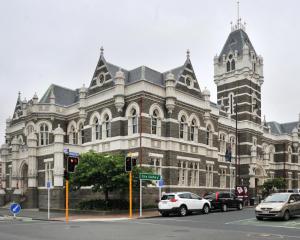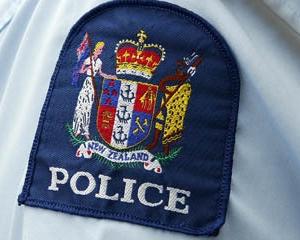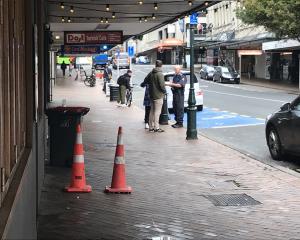A geologist has avoided a conviction after a brief and ill-fated foray into drug-dealing.
James Alexander Harris (27) appeared in the Dunedin District Court last week after admitting a charge of selling the class-B drug MDMA (ecstasy).
Despite the guilty plea, his counsel, Anne Stevens QC, said her client was not a drug dealer.
"He’s a young man who made a very small sale on one occasion," she said.
Mrs Stevens told the court the stain of a conviction would be out of all proportion to the seriousness of the September 1 incident.
"He has spent many years studying and working to get to the position where he now has qualifications and some experience that opens all sorts of doors for him that may well not open if he has a conviction for drug dealing," she said.
Harris’ father had died nine months earlier, the court heard, and this mother was sick at the time.
Before a night out in Wanaka, Harris bought 0.3g of ecstasy to lift his mood. After ingesting a small amount, he found it had little impact, Mrs Stevens said.
While in a nightclub, Harris was approached by a man asking for drugs. Judge Kevin Phillips said the police summary was silent on how the man knew to approach him.
Harris refused to sell him anything but relented when he was confronted a second time.
At 2.55am, the pair walked to an ATM machine. The buyer gave Harris $140 and was given the small plastic sealed bag in exchange.
Harris pleaded guilty to the offence (carrying a maximum jail term of 14 years) shortly after being charged.
In Harris’ favour, Judge Phillips said, was his supportive employer, who had immediately put the man under rigorous restrictions, including drug testing, while awaiting sentencing.
Though the defendant was not looking for a new job imminently, the judge said it would inevitably happen in future, and it would be infinitely more difficult with a drug conviction.
"To really push his career to its zenith, travel will become an important factor," he added.
Judge Phillips granted the discharge without conviction, noting the police’s neutrality to the application.
Given their stance, he questioned why Harris was even charged.
The discharge was conditional on the defendant paying $1000 to a drug-and-alcohol-counselling charity.











